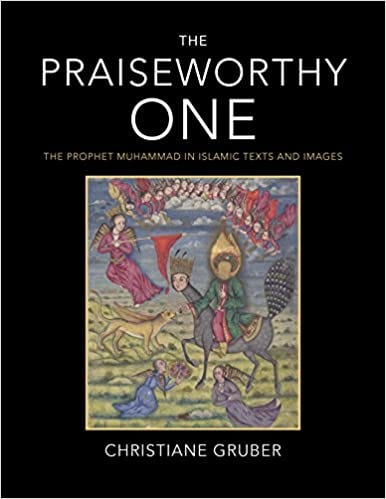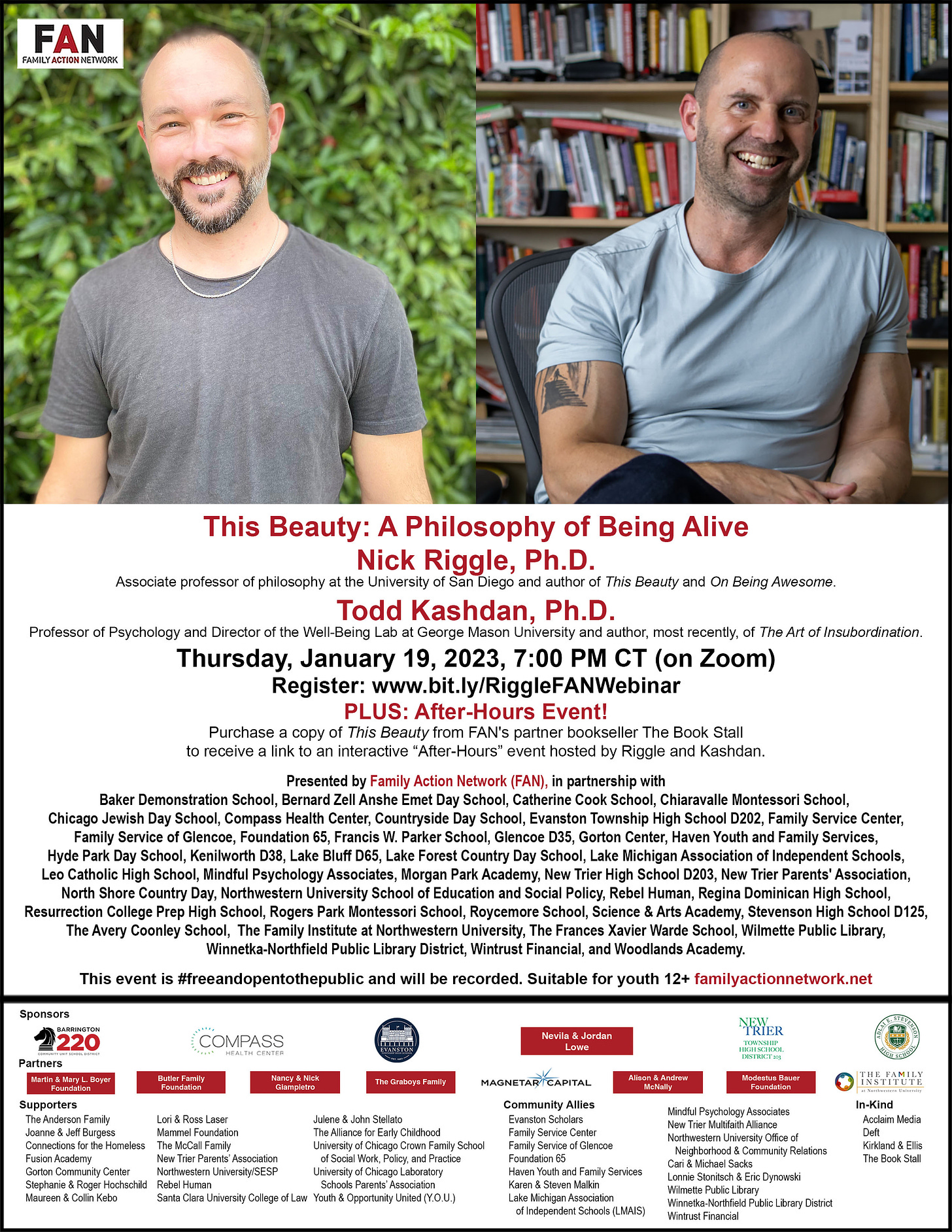A Unified Approach to Managing Emotions and Pursuing Purpose in Life
Time to Start Integrating Psychological Mechanisms
A unified approach deserves a proper setup. Just when I think universities and colleges reach peak absurdity, along comes the story of adjunct professor Erika López Prater at Hamline University. Here is the quick version of crime and punishment:
Erika creates the syllabus for an undergraduate art history class with a disclaimer. She will be showcasing a 14th century painting of the Muslim Prophet Muhammad. She knows for some Muslims it is sacrilegious to depict any image of Muhammad. She reminds students they do not have to attend that class, can voice concerns, and there will be no consequences. In fact, disagreement is welcome.
Before the class, she reminds students they do not have to attend with zero consequences if the painting is offensive to them (or any reason).
During the class, she reminds students they can leave before the painting is displayed.
A student ignores these trigger warnings, attends, and complains to the Dean. Students who never registered or attended the course join the complaint, claiming Erika attacked their religion.
Administrators refused to renew Erika Prater’s contract. That is, they fired her. It is worth pointing out that adjunct professors such as her have little job security (if any) and get paid a pittance as “academia’s permanent underclass.”
It is hard to find the worst part of this story but consider this one. After being fired, the university held a forum with diversity administrators, students, faculty, and Jaylani Hussein, the executive director of the Minnesota chapter of the Council on American-Islamic Relations. According to the New York Times, Hussein said, “If somebody wants to teach some controversial stuff about Islam, go teach it at the local library.” Wait, what? Not at a university or college where the goal is to acquire diverse knowledge and perspectives and grapple with them?

Thankfully, the world outside of Hamline University recognizes that this is a professor adopting a serious approach to education. She was not trying to offend. She was following the new directive: expose people to a diverse canon of information and discuss. She is exactly the type of professor students need.
What interests me is the presumption that educators must choose material that fails to disturb students. Following the logic of never challenging religious beliefs in higher education:
What if a religion holds the belief the precept that women should not be in a classroom? If a student of this religion complained about women registering for the class, would administrators take the students side? Why or why not?
What if a religion believed homosexuality is a sin? If a student of this religion used slurs against gay class members would that student received a pat on the back by administrators?
What if a student, also a scientologist, complained to administrators that a professor taught on the efficacy of psychotropic medications for emotional difficulties? Would that professor be reprimanded or fired? Shouldn’t this topic be forbidden because scientology is a tax-exempt religion in the United States?
Fucking absurd. We must call this nonsense out. Hamline University is fucking absurd in their decision-making process, decision, and the precedents being set. How the fuck could you send your kid there after this debacle???
Unfortunately, there are hundreds of similar stories in the current climate concerning people who question societal norms and conventions. When curiosity is blocked, learning and evolution halts.
Building Mental Fortitude
The hard thing about challenging a dysfunctional system is that there will be friction, and often, social persecution. It’s for this reason I’ve been interested in how people are best able to regulate emotions and thoughts when pursuing such worthy pursuits. Few things are as worthy as trying to design a more utopian society.
Let me share the latest work by my colleague Dr. Fallon Goodman and myself on the intersection of self-regulation and the pursuit of a purpose in life. This paper is a preprint that has yet to be accepted for publication. However, one of the things I plan to do is share early work with Provoked readers - so subscribe.
Click on the title below and be first to read our soon to be published paper:
A Unified Approach to Managing Emotions and Pursuing Purpose in Life
An ongoing problem in psychology is what I refer to as the “one at a time approach.” Researchers hone in on one construct as if nothing else exists in humanity. Curiosity. Grit. Prosocial motives. Creativity. Dark Triad personality traits. Cognitive dissonance. Ostracism. To understand the complexity of human behavior and design useful interventions, we must capture the intersection of psychological features.
How is curiosity relevant to persuading people to change their minds?
How does self-control help people reach their creative potential?
When is it better to be selfish than prosocial for the health and longevity of close relationships?
When we integrate multiple parts of humanity, we get closer to aiding people in the real world. Hyper-specialization is for insects.
The best way to support this work is by spreading the word. Share it online (click the free ❤️ button). For more on fortitude, read The Art of Insubordination: How to Dissent and Defy Effectively.
And If You Want to Attend an Amazing Free Event…..
Register for this webinar by filling out this form.
Learn more about Dr. Nick Riggle here.





